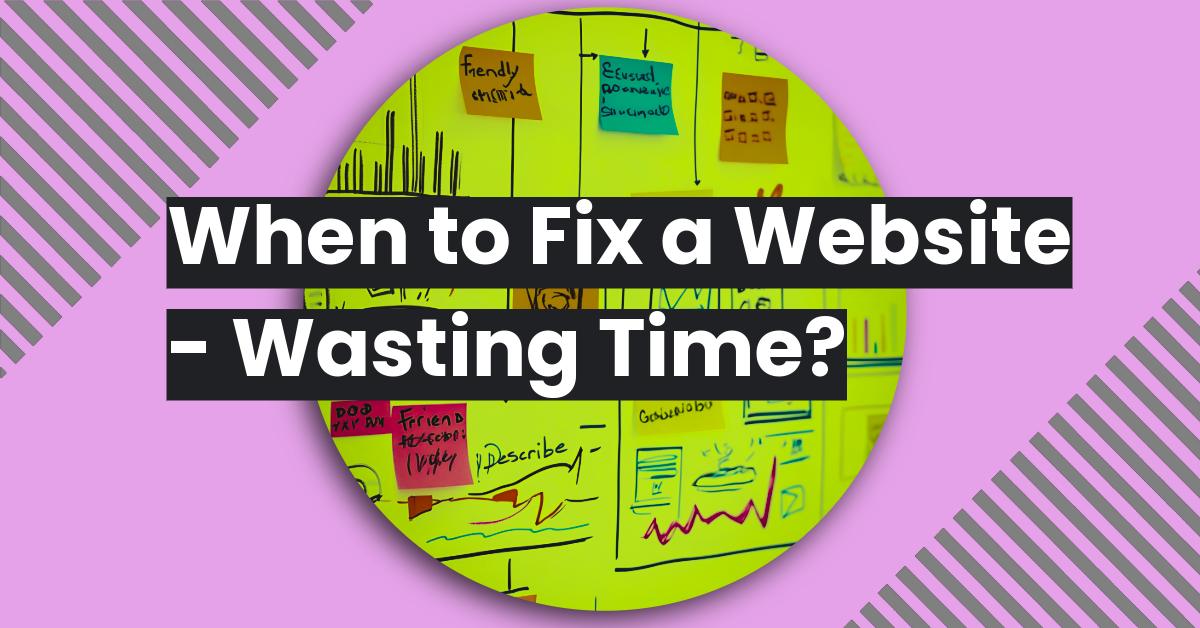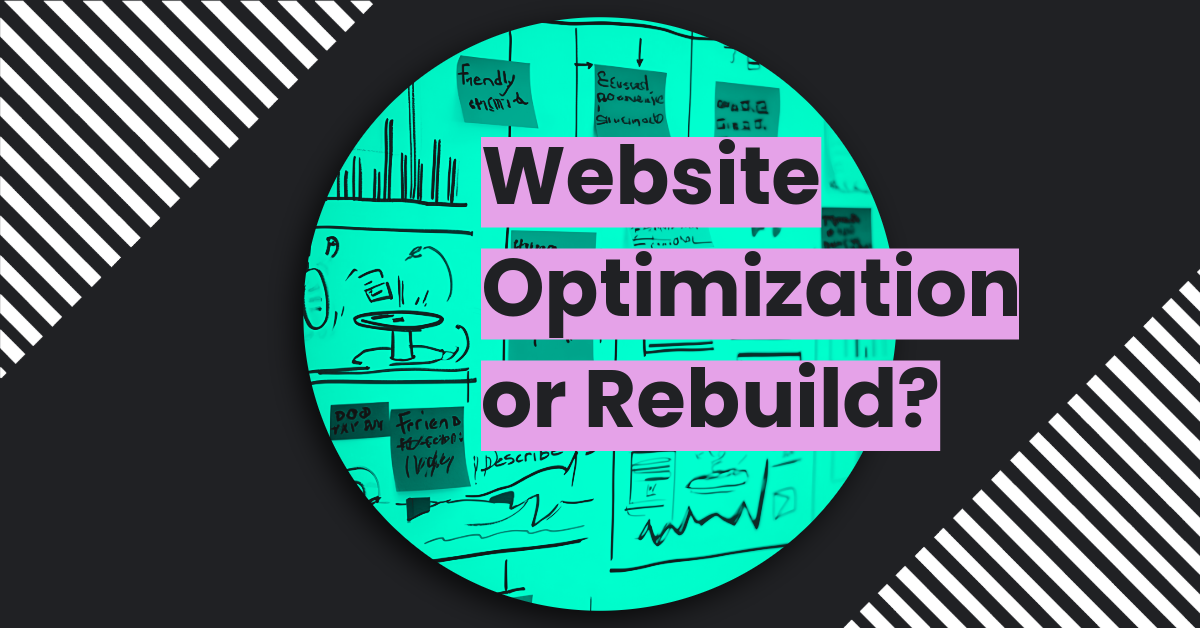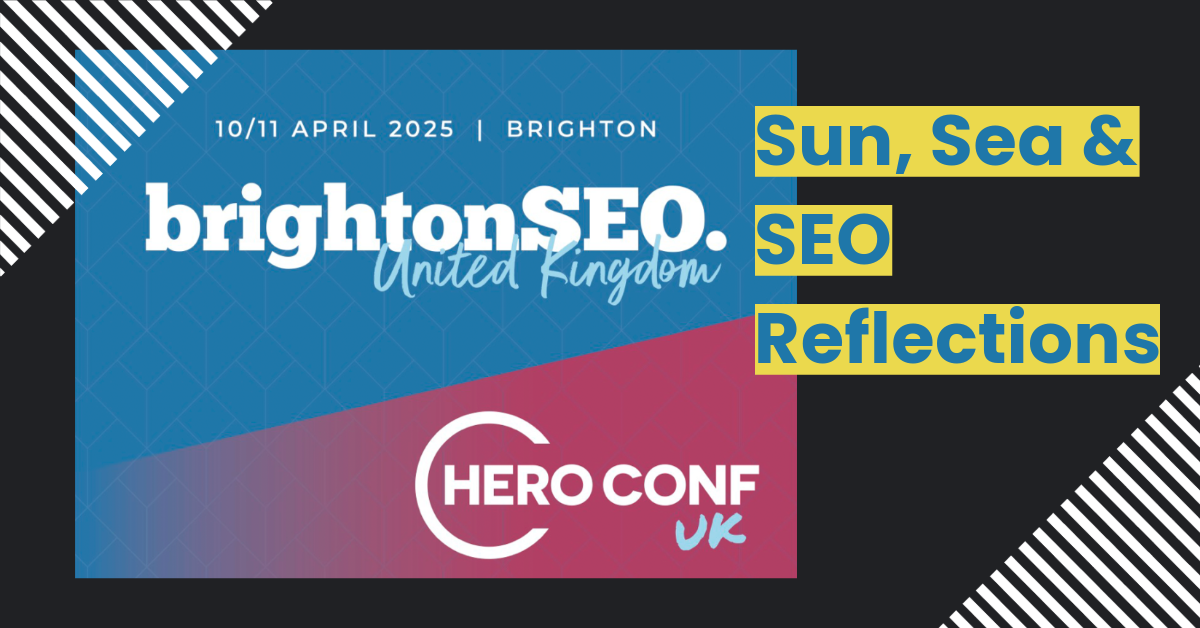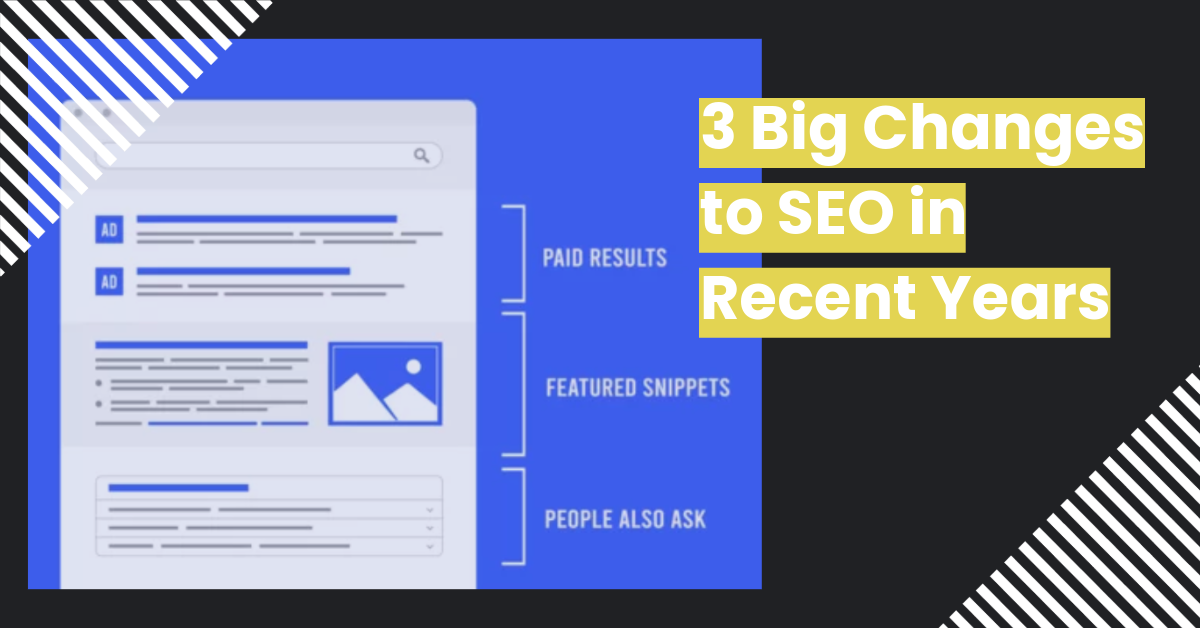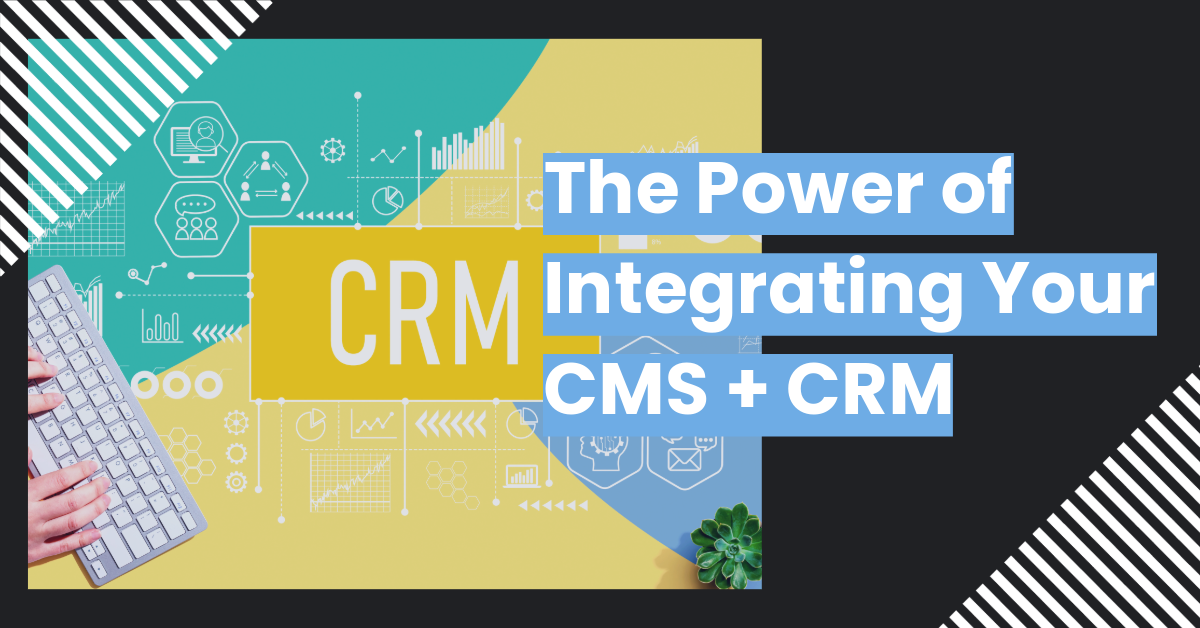Organic Traffic vs. Direct Traffic: Analytics Smackdown
What's the Difference Between Direct Traffic and Organic Traffic?
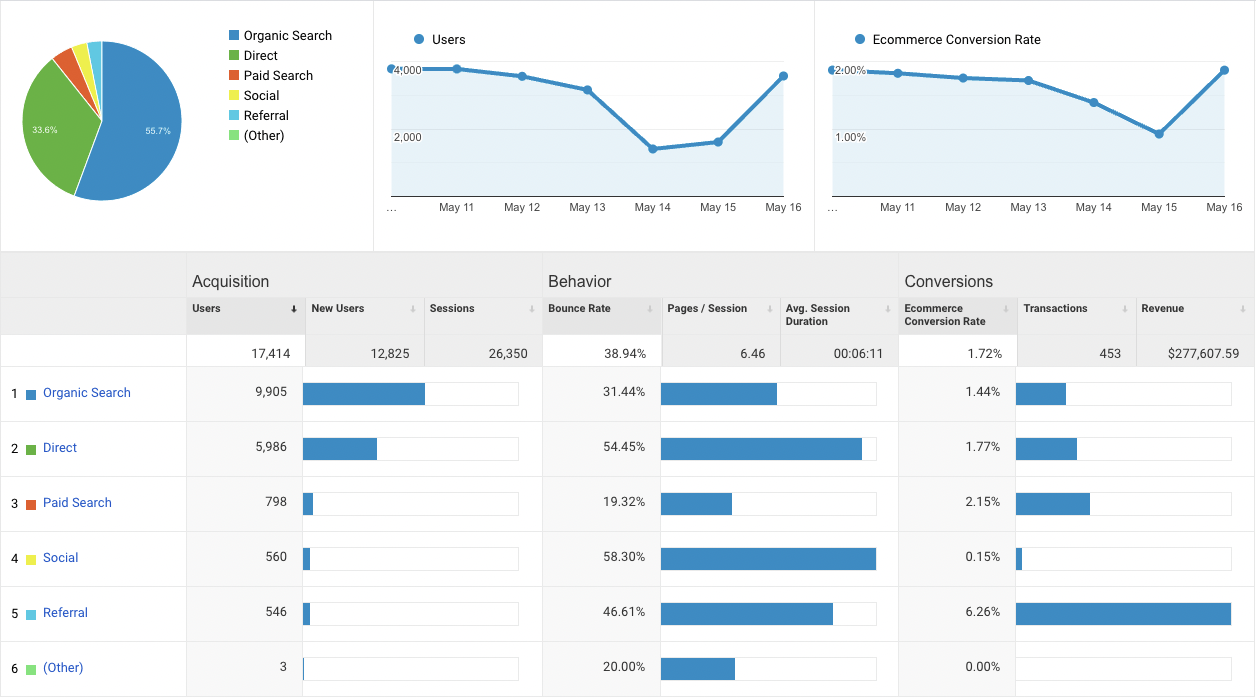
In a 1964 Supreme Court case dealing with pornography, Justice Potter Stewart famously wrote, "I shall not today attempt further to define the kinds of material I understand to be embraced within that shorthand description... [b]ut I know it when I see it..."
But hey, you're probably saying to yourself. Why would you bring that up in a blog post about SEO? Is this just a cynical attempt to improve your rankings for the word "pornography?"
Well, no. And shame on you for even thinking that! I actually do have a point.
Most website analytic tools will organize your traffic into several categories. Most of them--paid search, social, email, etc.--are pretty self-explanatory. But for some reason, direct traffic and organic traffic have always been difficult to summarily categorize. Or rather, they've always been difficult to categorize in a way that's agreed upon by the SEO community as a whole. Bring up the topic of direct traffic vs. organic traffic in any kind of gathering of digital marketers and you'll probably see several arguments break out. There may even be fisticuffs. Digital marketers can be an unruly bunch.
On the surface, it seems like an easy distinction to make. Direct traffic occurs when visitors physically type your URL into their web browsers. Organic traffic is any *unpaid* traffic that's directed to your from a search engine.
Doesn't seem like there's a lot of room for overlap there, but the topic of direct traffic vs. organic traffic is unfortunately a bit more complicated than that. Making the distinction between the two can often require a bit of nuance.
For most of us in the digital marketing game, providing a concise and comprehensive definition of direct traffic is a downright Sisyphean task.
But... we know it when we see it!
The Overlap Between Direct Traffic and Organic Traffic
In a perfect world, direct traffic would simply be any traffic coming directly to your site. If someone typed your URL into their web browser, that would be direct traffic. If somebody got to your site by clicking a bookmarked link, that would be direct traffic.
So where does the confusion lie?
In a 2014 experiment conducted by Groupon and Search Engine Land, it was revealed that 60% of traffic categorized as direct traffic is actually organic traffic.
The main crux of the issue is that browsers can be a bit inaccurate when reporting on the sources of traffic. In some cases (e.g. Google's encrypted search), this is by design. In others, it's simply a hiccup in communication. However, when analytic tools can't determine the source of traffic, most just assume it's direct traffic and categorize it as such.
As a result, your "direct traffic" might be coming from a variety of non-direct sources, such as:
- Bad Redirects. If a redirect is set up improperly, the Urchin Tracking Module (UTM) codes or referrer data may be stripped out, resulting in the source defaulting to "direct traffic."
- Broken Tracking Codes. Improper tracking codes on a landing page may cause users clicking through to your site to appear as new users. Since Google is unable to determine the source, it defaults to "direct traffic."
- HTTPS -> HTTP Referrals. If you haven't secured your site with an HTTPS address, anyone who is redirected to your HTTP address won't be tracked properly (and will classified as "direct traffic").
- Messaging Apps and Email Clients. Unfortunately, there's no avoiding this one. Most direct messaging apps (like Facebook Messenger) and email clients (like Outlook) simply don't pass on referring information. So someone clicking to your site from a link in these applications will probably end up being classified as "direct traffic."
Direct Traffic vs. Organic Traffic: What Difference Does It Make?
The biggest difference between direct and organic traffic? User intent. If you're getting a lot of organic traffic, then that means your digital presence is making a good showing in the search engines. People are searching on terms related to your business and are being directed to your website. Your SEO is on fleek, like the cool kids probably still say.
If your direct traffic is outshining your organic traffic, then it generally means one of two things: 1) You're suffering from some of the issues mentioned above and your organic traffic is being miscategorized, or 2) Your branding is so amazing that people are going directly to your website rather than looking it up in the search engines.
If you want to decrease the number of false "direct traffic" positives in your analytics, your first step should be to secure your site by getting a third-party SSL certificate. This will give you an HTTPS address and eliminate the issue of HTTPS -> HTTP referrals. Other than that, all you can really do is step up your campaign tagging game and make sure the analytics coming in are as accurate as possible.
TLDR
In a nutshell, organic traffic is unpaid traffic from the search engines while direct traffic is any traffic that doesn't come from a referring website. However, the distinction between these two becomes muddled because most web analytic tools will occasionally miscategorized organic traffic as direct traffic. The best way to mitigate the issue is to make sure you have a secure website and that your campaign tagging is free of errors.
Sources
"[GA4] Campaigns and Traffic Sources," Google Support, 12.29.2021
"How to Reduce Direct Traffic in Google Analytics," Analytics Mania, 01.24.2022
"Experiment Shows Up To 60% of 'Direct' Traffic Is Actually Organic Search," Search Engine Land, 07.08.2014



